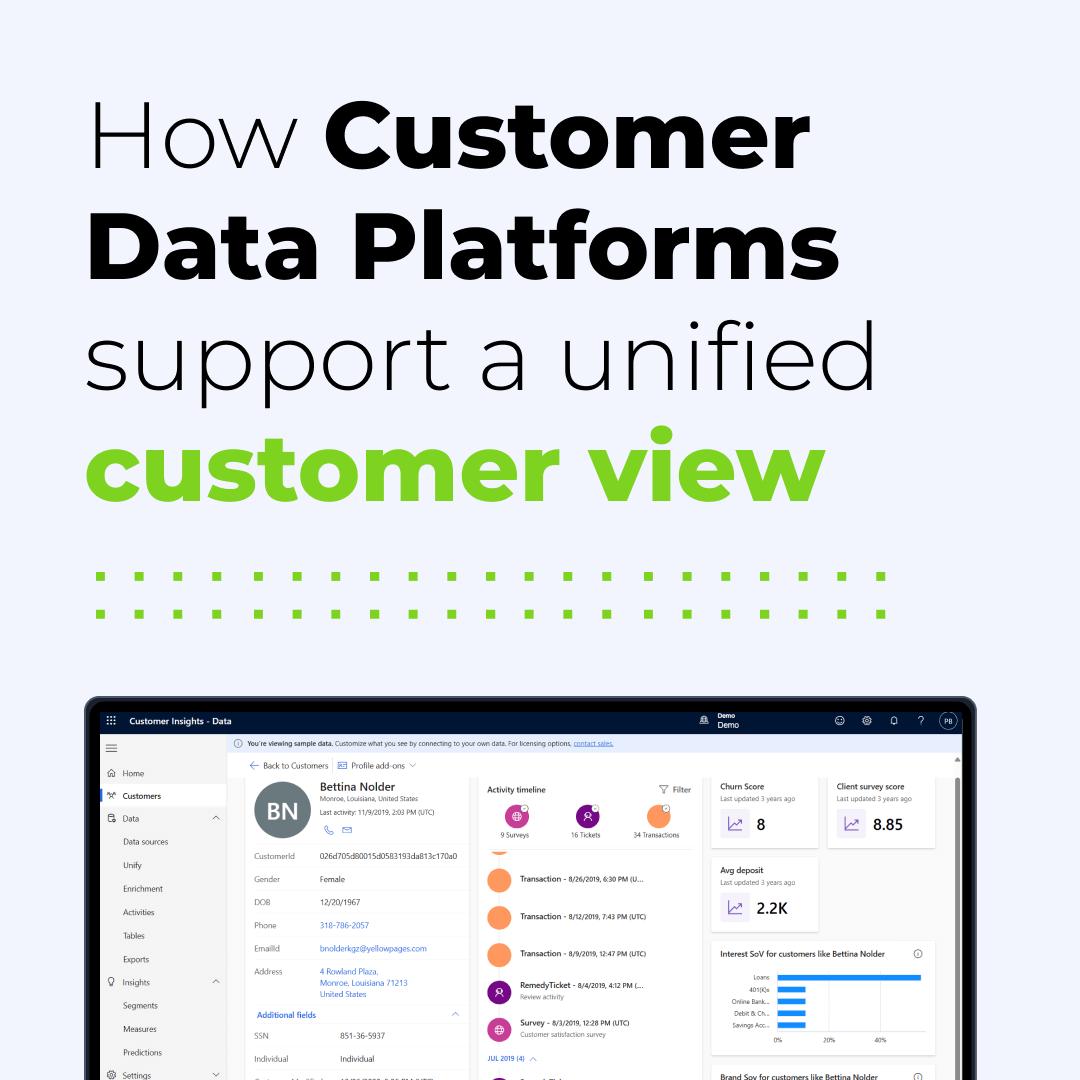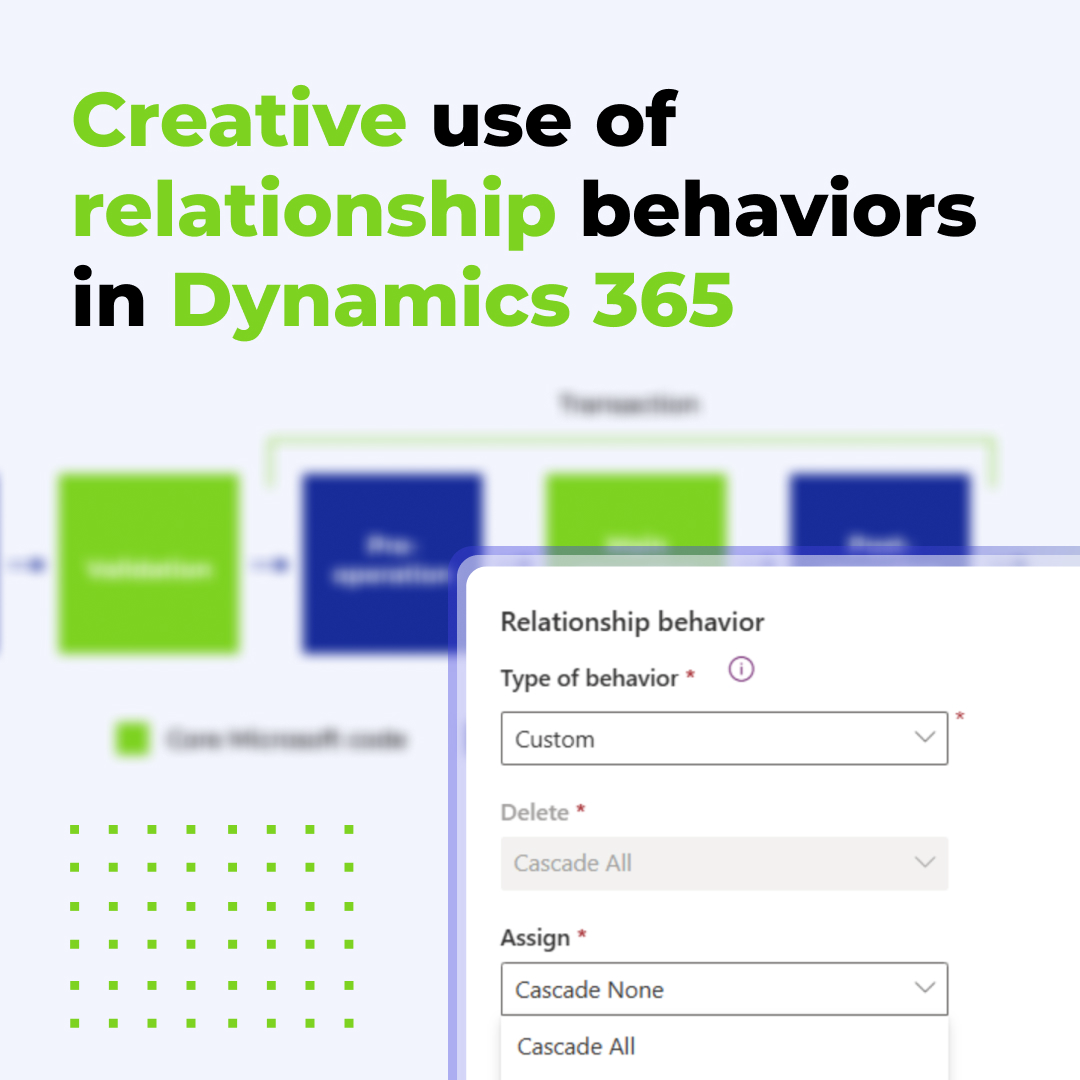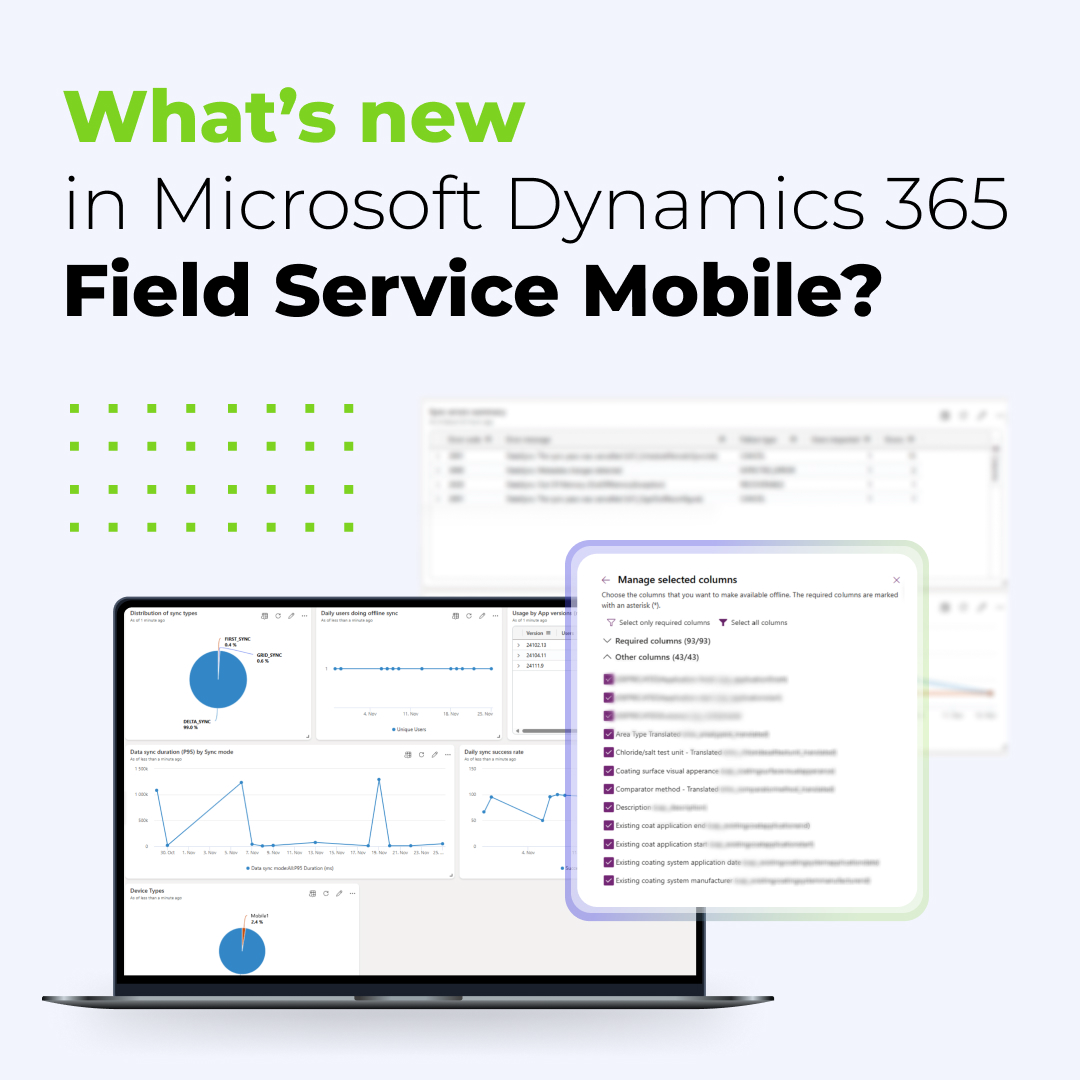Revolutionizing Customer Service
How Generative AI is Changing the Game
One of the tools increasingly utilized in customer service and seen as the future of modern organizational management is Generative AI. This advanced technology, based on machine learning models, enables the creation of natural and personalized responses to user queries in the context of customer service. Thanks to sophisticated language models, chatbots can engage in fluid and realistic conversations, tailoring their responses to the user’s context and needs, significantly enhancing the quality of interactions and user satisfaction.
Microsoft Copilot Studio
A New Era of Customer Collaboration
One of the most promising tools in this field is Microsoft Copilot Studio – a graphical tool available on a low-code programming platform. Copilot Studio is an innovative solution that allows the creation of advanced voice-enabled chatbots based on conversational AI interfaces, leveraging large language models (LLMs). As a result, these chatbots can not only answer questions but also conduct complex conversations, analyze customer data, and provide personalized recommendations.

From Data Analysis to Personalized Responses
The Advantage of Copilot Studio
Copilot Studio allows the deployment of chatbots across multiple platforms, including websites, Microsoft Teams, Microsoft 365, Facebook, Telegram, and others. One of the key strengths of Copilot Studio is its ability to integrate with Power Apps, which significantly enhances the chatbot’s functionality. This integration enables real-time performance monitoring and the generation of reports on the chatbot’s activity. Power Apps also allows for the creation of custom applications that can work in tandem with the chatbot, further increasing its versatility and adaptability to specific business needs.
In addition to the above, Copilot Studio also supports integration with various data sources, enriching the chatbot’s responses with information from the databases in use. The chatbot can be connected to public databases, files, SharePoint, Dataverse, and Microsoft Fabric, allowing for the generation of precise and up-to-date information. These integrations enable chatbots not only to answer questions but also to engage users in conversations based on a wide knowledge base.
The Advantage of Copilot Studio
Copilot Studio offers default chatbot templates that can be easily used as a starting point and customized to meet individual needs. Users also have the option to create a chatbot from scratch, giving them full control over its functionalities and interactions.
Moreover, Copilot Studio integrates with Power Automate, a tool for automating business processes. Power Automate allows for the creation of automated workflows that can interact with the chatbot, responding to specific queries or actions configured by the user, thus increasing customer service efficiency. The integration of Power Automate with Copilot Studio enables the development of more complex automation scenarios that can include a high level of personalization and dynamism in the chatbot’s interactions.

Transforming Banking
Key Steps to Automating FAQs with Copilot Studio
In an era of digitalization and growing competition, organizations across various sectors are seeking innovative ways to enhance efficiency and improve customer service quality. One of the most promising solutions is the implementation of a chatbot using Copilot Studio. This article will explore practical applications of this technology in the banking industry, highlighting how it can not only boost the bank’s operational efficiency but also enhance customer experiences.
One particularly interesting and worthwhile area to consider in the context of banking is the automation of the FAQ section using a chatbot.

The first step in automating FAQs is identifying the most frequently asked questions by customers. Copilot Studio enables advanced data analysis, which can be sourced from various channels, such as customer interaction history, emails, phone conversations, and chat messages. Additionally, it can analyze data from files, Excel tables, Dataverse, and SharePoint lists.

The next step is categorizing the questions. Copilot Studio offers tools to group questions into categories such as bank accounts, loans, credit cards, agreements, and security, allowing for a more precise and organized approach to creating responses. Once the questions are identified and categorized, it is essential to develop answers that are clear, precise, and easy to understand. Copilot Studio enables the creation and management of a knowledge base, which serves as the source of information for the chatbot. This knowledge base can be regularly updated, ensuring that the answers provided are always current and aligned with the latest regulations and bank offerings. The developed responses can be easily imported into the chatbot system using an intuitive user interface.
Designing conversation scenarios is another key stage in creating the chatbot. Copilot Studio allows the creation of conversation scripts that guide customers to the answers they need. It’s crucial for these scenarios to cover different query and response variations. Natural Language Processing (NLP) technology enables the chatbot to understand various forms of questions, respond naturally, and personalize its answers. The chatbot also analyzes the context of the conversation, making its responses more relevant. This ability to tailor responses to the customer creates the impression of conversing with a real person rather than a robot, which enhances satisfaction with the service.

After completing the above steps, you can begin testing the chatbot. Before deployment, it’s advisable to run conversation simulations to see how the chatbot handles different queries. Copilot Studio allows for testing and gathering feedback from test users, which can then be used to make adjustments and optimize the system.
The ready-to-use chatbot can be implemented on websites, mobile apps, and other communication channels of the bank. With Copilot Studio, you can continuously monitor the chatbot’s performance and its effectiveness in providing responses. Regularly updating the knowledge base and conversation scenarios with new questions, based on changing customer needs, ensures high-quality service delivered by the chatbot.
Customer Service Automation
Reducing Costs and Increasing Satisfaction
Automating the FAQ section is just one of the many customer service areas that a chatbot can take over from humans. They can also recognize more complex issues and effectively escalate them to actual agents while handling the majority of inquiries that don’t require human involvement. It’s important to note that chatbots provide continuous service around the clock, making them an excellent solution for organizations looking to support customers beyond traditional working hours.
Customer service automation using Generative AI significantly reduces operational costs for an organization, as the chatbot can operate continuously and handle multiple inquiries simultaneously. Faster response times and the ability to escalate issues further if necessary increase customer satisfaction. Another advantage of chatbots is their scalability, allowing organizations to handle a growing number of inquiries without needing to hire additional staff.
The Future of Chatbots
How AI Technologies are Shaping New Customer Service Standards
Despite technological advancements, chatbots are not without flaws, and organizations need to be aware of this. Chatbots can struggle with accurately recognizing user intent, particularly with complex and nuanced queries that require precise understanding of context. Although chatbots are highly effective tools, their performance needs to be supervised by humans. The key to successful operation is monitoring and refining the responses generated by AI.
The use of Generative AI is a promising technology that is developing at a very rapid pace. Chatbots are undoubtedly the future, especially in the area of customer service. They offer tremendous opportunities for companies looking to improve the quality of their services and increase organizational efficiency. Over time, new possibilities and innovations in automation will emerge, making chatbots even more advanced and capable of conducting natural and personalized conversations with customers. Despite their current limitations, this tool has a promising future, and while it presents some challenges for organizations, there is no doubt that they will reap significant benefits from its use.
See the latest insights from Netwise
How Customer Data Platforms support a unified customer view
How Customer Data Platforms support a unified customer view When discussing customer strategy with clients, I find the terms CDP and Customer 360° used very often. They have become quite common buzzwords in many industries. However, while everyone wants that…
Read moreCreative use of relationship behaviors in Dynamics 365: How removing data from the Target field saved our project
In this article, we show how a unique client need led to a simple, creative solution beyond standard Dataverse features.
Read moreWhat’s new in Microsoft Dynamics 365 Field Service Mobile? (2025 Guide)
Discover new D365 Field Service Mobile updates enhancing performance and offline reliability for field teams.
Read more

